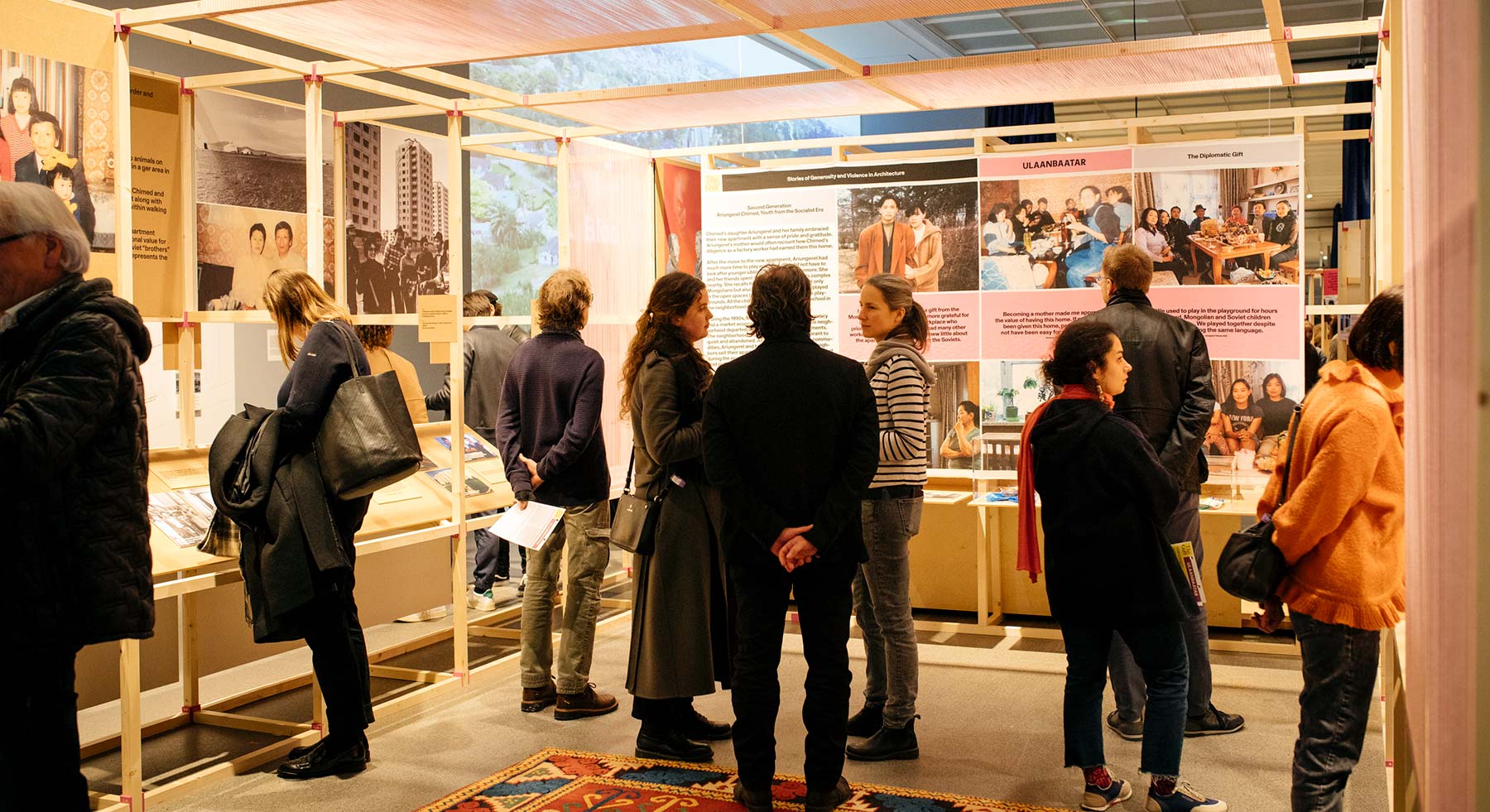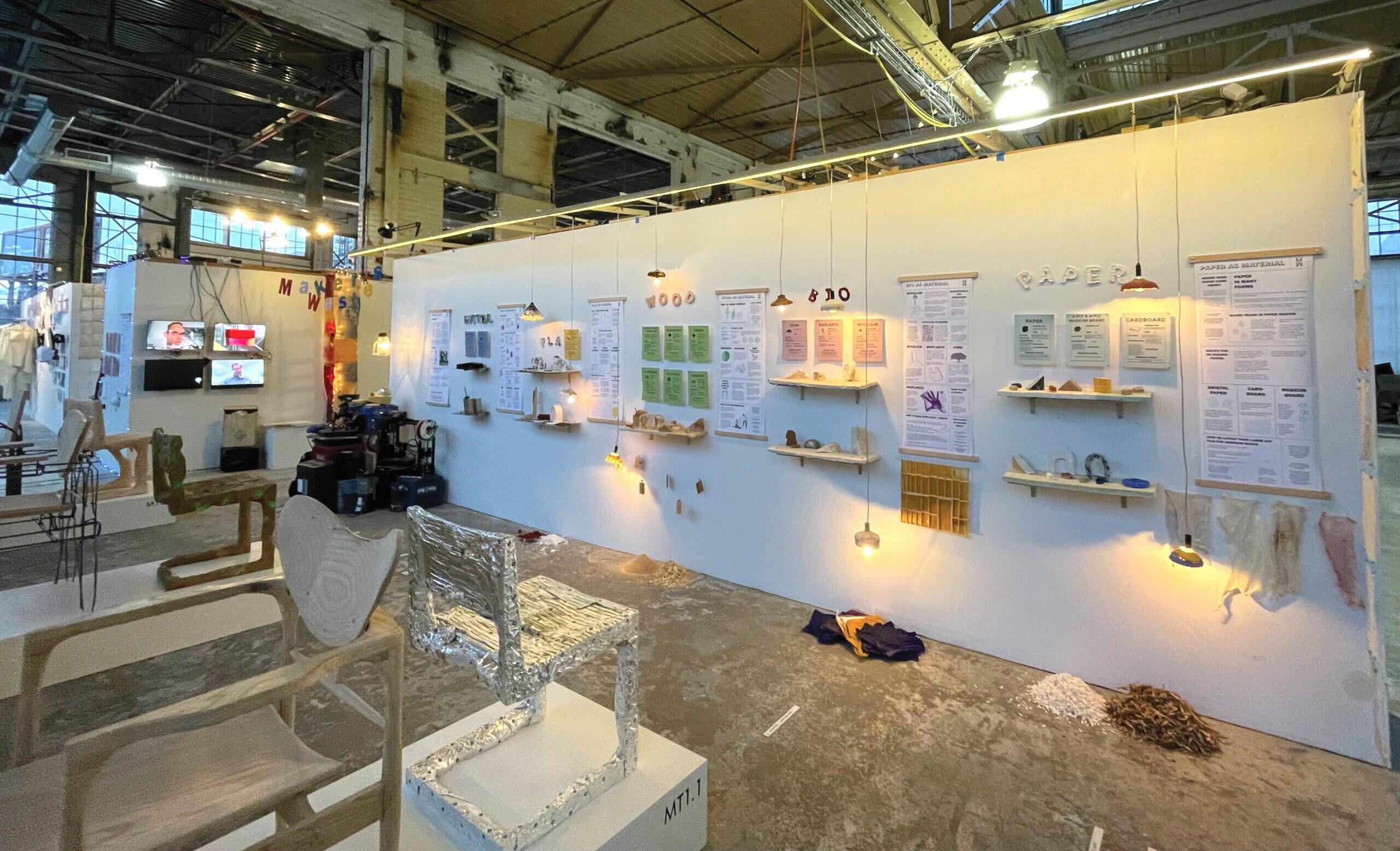Eric Hill and interdisciplinary team earn funding from Provost’s Third Century Initiative
Eric Hill, Clinical Professor of Architecture, is part of an interdisciplinary team to receive approximately $300,000 funding for a project titled, “REFRESCH: Researching Fresh Solutions to the Energy/Water/Food Challenge in Resource-Constrained Environments.”
The funding comes from the Third Century Initiative – a plan from the University of Michigan President and Provost to develop innovative, multi-disciplinary approaches to teaching and to address global challenges.
The project is described as follows:
A large portion of the world’s population does not have access to a reliable electric grid, clean water, and sufficient food. Depending on the geographic location, different resource constraints come into play. Our vision is to develop a model-based approach, backed by experimental validation, that can identify appropriate, low-cost and sustainable technology solutions for a number of regions in the world that suffer from different types of energy/water/food resource constraints. We envision opportunities, in collaboration with local developers, to utilize repurposed, shuttered facilities, such as Willow Run, as self-contained test beds. It is envisioned that the test beds will be used to deploy scalable investment opportunities in technology platforms resulting from reverse innovation (RI). Reverse innovation is a product design strategy that integrates learnings from innovative cost, application, and business models in developing and emerging economies that may open up new markets in the US.
Our team will develop case studies relevant for different economic objectives and geographic settings. The interplay of water and food resources with different combinations and scales of distributed and renewable energy systems in self-contained microenvironments will be studied. One example would be to explore the optimal use of water and energy resources for growing of vegetables in solar greenhouses. We also envision an architectural solution for modular, cost effective solar greenhouses that can be not only deployed in third world settings, but also be reengineered for repurposing of underutilized facilities (e.g., big box stores, factories) in the US, especially in the rust belt and the Southeast Michigan context. Other possible scenarios of interest may include fish farms, hydroponic gardens, or algae plantations. A number of energy inputs and feedstocks will be considered, including solar energy, wind energy, biomass conversion, natural gas, propane gas, waste to energy, and low temperature waste heat recovery.
The following faculty will collaborate on the year-long, Phase 1 project:
- Johannes Schwank – James and Judith Street Professor of Chemical Engineering and Professor of Chemical Engineering, College of Engineering
- Donald Scavia – Graham Family Professor, Prof of Natural Res & Environment, Dir of Graham Environmental Sustainability Inst, SNRE, Special Counsel to the President & Prof of Civil & Environmental Engr, Coll of Engr
- Mark Barteau – DTE Energy Professor of Advanced Energy Research and Professor of Chemical Engineeering, College of Engineering, Director, Office of Vice President for Research
- Andrew Hoffman – Holcim (US), Inc. Professor in Sustainable Enterprise, Professor of Natural Resources and Environment, SNRE and Professor of Management and Organizations, Stephen M Ross School of Business
- Galen Fisher – Adjunct Professor of Chemical Engineering, College of EngineeringPhil Savage
- Shelie Miller – Assistant Professor of Natural Resources and Environment, School of Natural Resources and Environment and Assistant Professor of Civil and Environmental Engineering, College of Engineering
- Peter Adriaens
- Aileen Huang-Saad – Assistant Director of Academic Programs, Biomedical Engineering, College of Engineering
- Eric Hill – Clinical Professor of Architecture, A. Alfred Taubman College of Architecture and Urban Planning
If successful, the outcomes from Phase 1 will form the basis of a proposal submitted to a second phase of funding which could award up to $3 million in funding. The Third Century Initiative is a five-year program with $50 million dollars of dedicated funding with goals to creating innovative student learning experiences and developing creative approaches to the world’s greatest challenges and opportunities.
Visit the TCI website for more information
.




